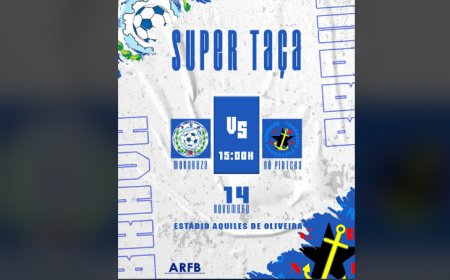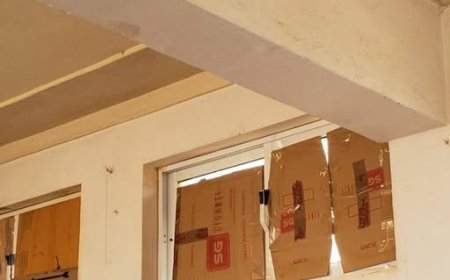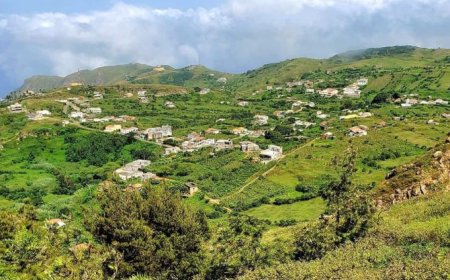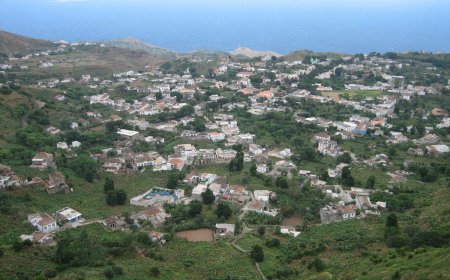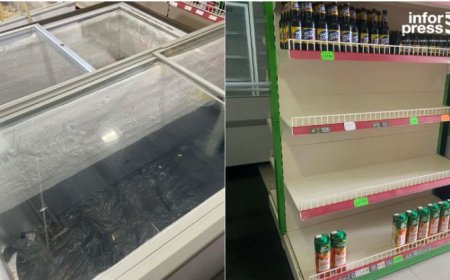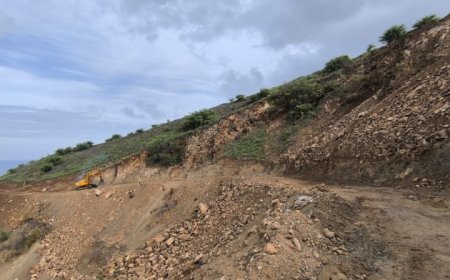European Union and Cape Verde Sign New Fisheries Partnership Protocol
The European Union and Cape Verde have signed a new five-year fisheries partnership protocol, which will allow EU vessels access to Cape Verdean waters, promoting sustainability and local economic development.
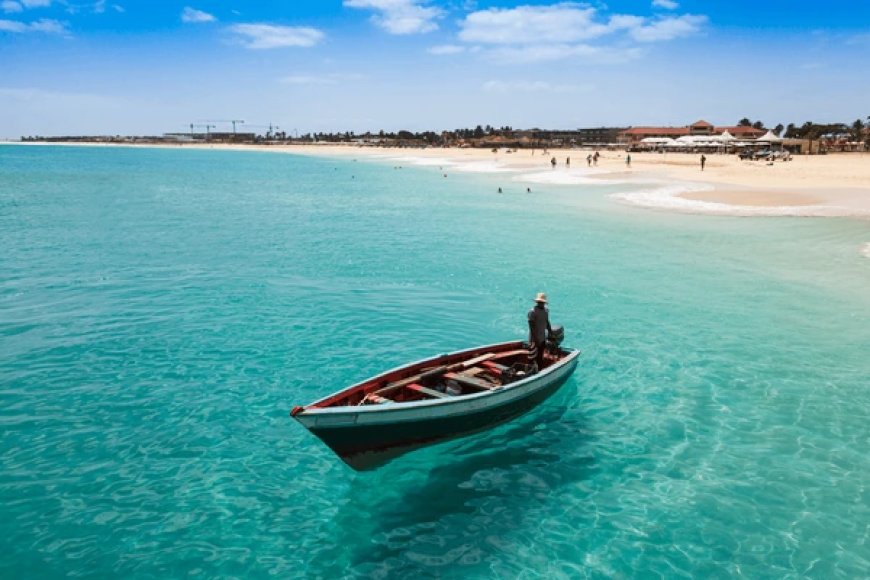
The European Union (EU) and Cape Verde have signed a new protocol for the implementation of the Fisheries Partnership Agreement (PPA), which will allow EU vessels access to Cape Verdean waters for a period of five years, while preserves the development of the fishing sector in Cape Verde. This protocol will also strengthen fisheries governance, protection of the marine environment and support the creation of jobs and activities in the fisheries sector.
The agreement will allow 56 fishing vessels from EU Member States to access Cape Verde waters over a period of five years. The European fleet will consist of 24 tuna seiners, 10 pole-and-line tuna boats, and 22 surface longliners, flying the flags of Spain, France or Portugal, dedicated to fishing for tuna and associated species. The agreed annual limit is 7,000 tonnes of catches, reflecting the trend in catches in recent years by Union vessels in the Cape Verdean fishing zone.
The EU contribution to this new protocol is estimated at €3.9 million over five years, consisting of €780,000 per year, of which €430,000 will be allocated to promoting sustainable fisheries management in Cape Verde, control and surveillance , and support for local fishing communities. In addition to the EU contribution, shipowners will pay fees to the Cape Verde administration to obtain fishing authorization.
This protocol will contribute to the sustainable management of maritime resources, food and nutritional security and the diversification of Cape Verde's economy, aligning with Cape Verde's strategic objectives and the EU's partnership policy.
The protocol responds to Cape Verde's desire to strengthen the industrialization and competitiveness of the sector, considering the strategic potential of the Cape Verdean fishing zone in the tuna industry in the Atlantic Ocean.
For Cape Verde, the protocol should create added value and jobs, encouraging transshipment and landing of catches at the port of Mindelo, in São Vicente, as well as the embarkation of fishermen and local observers on European vessels. One of the objectives is to guarantee the best conditions to ensure the supply of fish products to local processing companies.
Through this partnership, the EU will also contribute to:
- Scientific training
- Observation and management of the marine environment and marine protected areas
- Sustainable fisheries management
- Fisheries control and combating illegal, unreported and unregulated (IUU) fishing
The new protocol also contains new provisions to improve vessel monitoring, management of fishing authorizations and enhanced management measures for sharks.
The new protocol will be applied provisionally from today and will come into force as soon as the ratification process by both parties is completed, which for the EU implies the consent of the European Parliament. The provisional application allows fishing activities by Union vessels in Cape Verde waters to be resumed, after a short period of interruption since May 19, 2024, the date on which the previous protocol expired.
Sustainable Fisheries Partnership Agreements (SFPA) with non-EU countries are negotiated and concluded by the Commission on behalf of the EU. The current Fisheries Partnership Agreement between the EU and Cape Verde came into force on March 20, 2007 and is tacitly renewed. The latest implementation protocol for this agreement came into force on May 20, 2019 for the period 2019-2024.
The new protocol implementing the agreement covers fishing for tuna and associated species within the scope of the International Commission for the Conservation of Atlantic Tunas (ICCAT).








